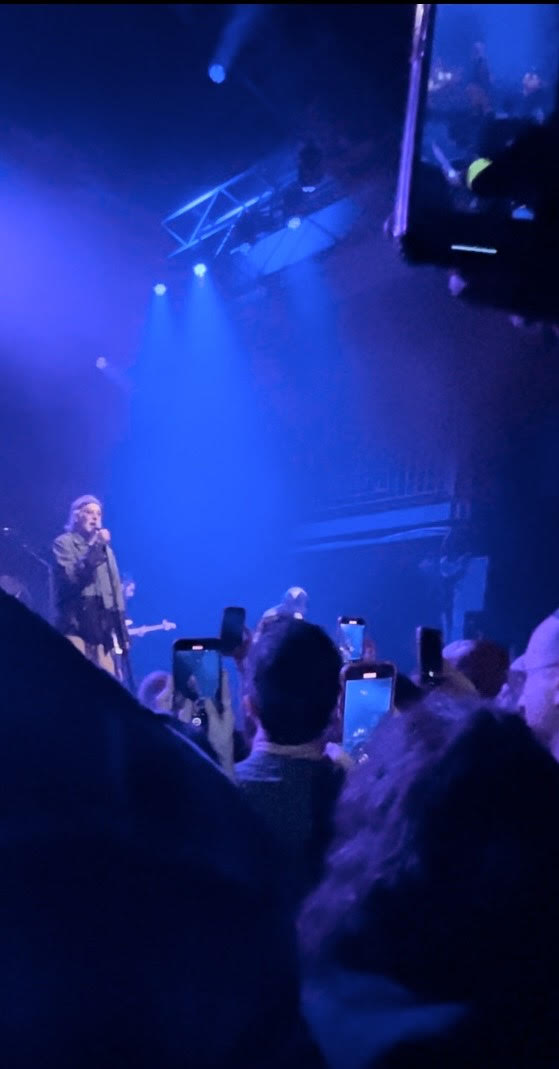Life is about the moments. If we are not paying attention, we miss the smallest of details: a smile here, a tear there, a sign of loss or a sign of hope shown. Since the early 90’s, one single piece of technology has been causing a decrease in people paying attention to their surroundings: the smartphone. If someone ever looked up from their iPhone, Samsung, Google, Nokia, Vivo, Xiaomi, Oppo or other phone, they would see everyone else looking down at their phones.
Even students at WCHS walk through the hallways during passing periods, unaware of their surroundings, eyes down, scrolling through the newest social media posts or text drama. A poll done by the DailyMail found that at least 25 percent of people missed important life moments because they were on their phones. But how would they know they missed it?
Nowadays, every event is recorded in the form of a picture or video to cement it in a person’s life history, proof that they did something or went somewhere. With the popularization of social media, almost everywhere users go results in group photos, selfies, and filming the event, watching it through the phone to make sure that the event is being captured by the phone camera rather than enjoying the moment in person.
One of the most popular events teens, adults and older people alike love to attend are concerts. Who does not love to see their favorite artist just thousands of feet in front of them, hear them live and witness a one-of-a-kind performance? Since the global spread of cell phones, that has changed. The new fad is to go to concerts and film them off a three-by-six device, just to post the clips on Instagram as a form of bragging. It is a virtual slap in the face, a way to say “I was there and you were not!”
Instead of sharing an emotional moment over a special song, the main focus is making sure the moment is captured and ingrained in our phones’ storage. People even watch concerts through tiny phone screens. Social media has desensitized people. There are no longer emotions to memories; as long as they are filmed, they count.
When a baby is about to take their first step, an accident is waiting to happen, or a fight is about to ensue, people automatically whip out their phones and hit the record button. Instead of holding their kid’s hand, preventing an accident or stopping a fight, the obsession is making sure they can post the event for other people to see online. People are creating fewer memories, feeling emotions less, and spending more time mindlessly online than in the real world feeling human.
On the other hand, this means that more memories can be shared with others. Videos and photos allow those who physically could not make it to watch memories created, allowing people to look back on memories whenever they want, or are historical proof that, yes, someone was there. But is proof and revisiting a memory whenever you want more important than paying attention to something while it is happening? Absolutely not. Most of the time, videos and photos are taken and after a quick post, no one ever goes back to look at them. Additionally, it does not matter in the long run if you were there or not.
According to research done by two students studying the effect of emotions on memory at Columbia University, you are more likely to remember a memory if strong emotions are associated. The only way to experience those true emotions is to pay attention to life’s moments without a screen blocking your face. So, the next time you are at a concert, out and about with friends and family or just walking around, put the phone down and look around. When a special moment is being shared, use your natural memory storage device, your brain, and not your phone to record a memory.















